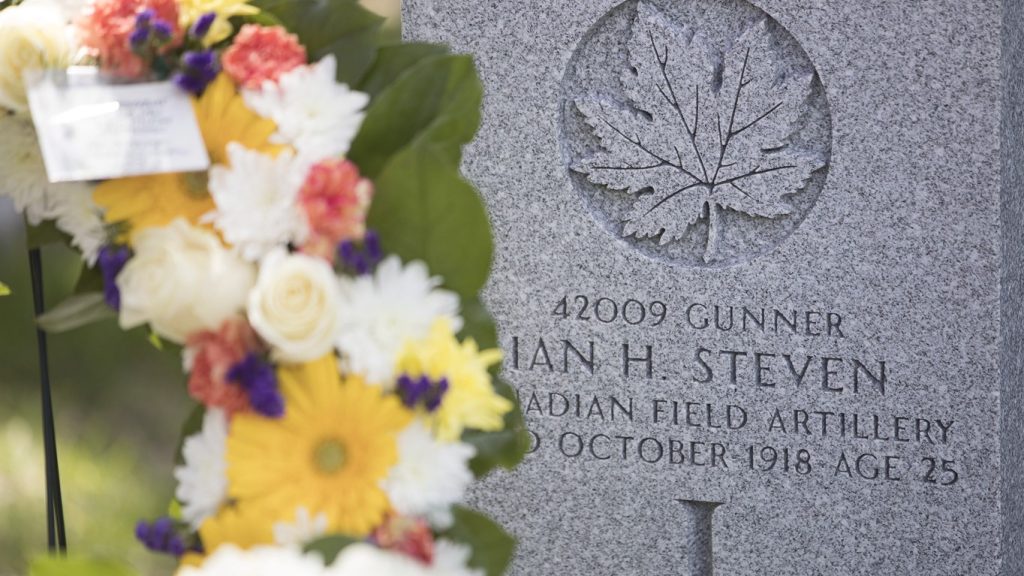Judge orders Gov. Christie to put more into pension funds; ruling could cause budget upheaval
Posted Feb 23, 2015 04:57:51 PM.
This article is more than 5 years old.
TRENTON, N.J. – A judge has ordered Republican Gov. Chris Christie and the state Legislature to put more money into pension funds for retired public workers.
Unions for public workers sued Christie after he announced last year he would not make the full pension payments he had agreed to in a 2011 overhaul that was one of his main accomplishments. The plaintiffs’ lawyer said Monday a $1.57 billion payment has been ordered.
Monday’s ruling from Superior Court Judge Mary Jacobson is a major blow for Christie and could force big changes in the state budget late in the fiscal year. The state government is expected to appeal.
Christie, who is preparing a presidential campaign, said reducing payments last year and this year was the only reasonable way for the state to balance its budgets after tax revenue fell short of expectations last year.
The legal dispute centred on whether the state was contractually bound by the governor’s 2011 promise to make up for missed or reduced pension payments over a seven-year period.
The 2011 pension deal was one of Christie’s major accomplishments as governor and served as evidence that he could work with Democrats to deal with one of New Jersey’s persistent state government financial issues. But it has become a thorn in his side.
Last year, even before the scramble to balance the budget, Christie decried the cost to taxpayers as too high. When revenue came in under projections, he funded most of the gap by cutting contributions. He said he’s still making good on the state’s current obligation while suspending efforts to catch up from past underpayments.
Last year, he reduced the contribution from a planned $1.7 billion to $700 million. This year, he wants to contribute $681 million rather than the planned $2.25 billion.
At a court hearing over the cuts in January, the state attorney general’s office, representing the Christie administration, was in the unusual position of arguing that a law signed by Christie to make the deal more ironclad violated the state’s constitution. It argued that a law should not require spending of future legislatures.
Unions say that the law is constitutional and that it’s only fair: Public workers had their contributions increased and saw their retirement ages raised, while retirees had their cost-of-living increases suspended.
Since early last year, Christie has been saying that the rising cost of pensions is unsustainable. It’s expected to cost the state $5 billion a year eventually.
But it was not until tax receipts last year came in short that he announced he would not make the whole make-up payment in 2014 or 2015.
The judge ruled last year that making the full payments is an obligation, but she found that the state should be allowed to cut back for 2014 because it was an emergency. Making the full payment last year could have meant drastic cuts to other government services.
Christie said the same was true for the budget that kicked in on July 1.
But lawmakers did offer him an alternative budget that would have raised taxes on high earners but fully funded the pension.
At a January hearing, the judge pointed out that the state could have done that. But Assistant Attorney General Jean Reilly said that lawmakers should have known that Christie would not agree to any increases in income taxes.
___
Mulvihill reported from Haddonfield.










